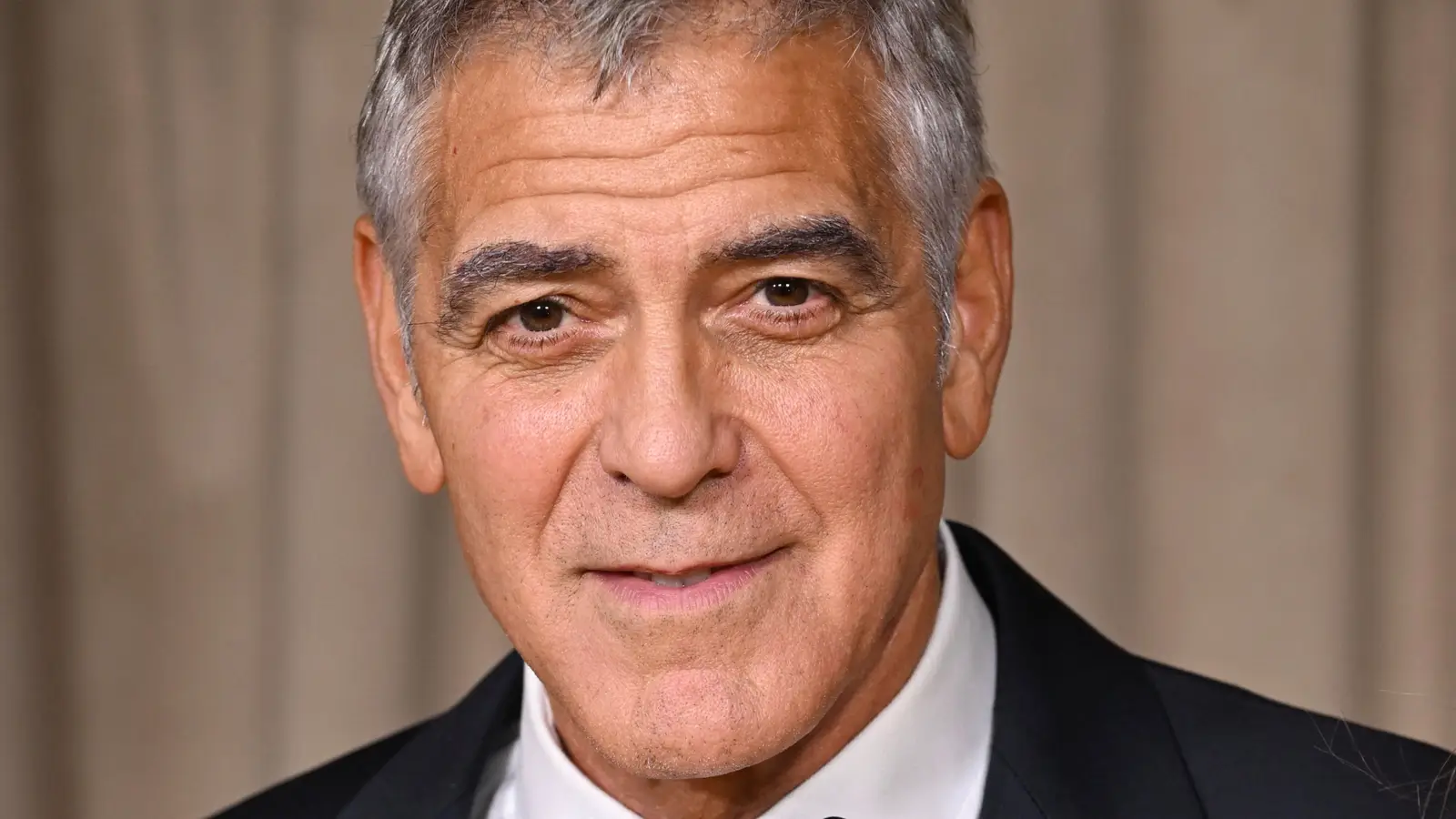Copyright New York Magazine

There is no equivalent in American history to Zohran Kwame Mamdani becoming, at age 34, the next mayor of New York City. An avowed socialist has never led a city so large, nor has a Muslim — nor, in almost any instance, has someone so young and so unlikely to win as the state assemblyman from Queens. Parallels can be invoked, but none quite fit. In Mamdani’s sudden rise there are echoes of Barack Obama, another man with African roots derided by everyone from Hillary Clinton to John McCain as far too inexperienced, or even feckless, to hold great power over the public. But Obama was a sitting senator when he ran for president. And like Bernie Sanders, Mamdani endured the wrath of a Democratic Establishment that wanted absolutely nothing to do with him. Unlike Sanders, of course, he actually won. Now Mamdani, once a quasi-anonymous backbencher in Albany, is on the cusp of becoming a global icon. The international media, as much as the national press, is obsessed with him, and the final days of his campaign were spent under a crush of attention rarely, if ever, witnessed in the local political realm. For Mamdani, there was an unprecedented outpouring of support — the 13,000 who jammed a stadium in Forest Hills to hear him speak, the many thousands more who streamed into the streets to knock on doors for him — and heaps of bile aimed at him. Andrew Cuomo and an assortment of outside PACs spent millions of dollars against him, plastering his face with the term jihad and blasting him, again and again, as a radical and outsider who not only didn’t deserve to lead the city but could never understand its supposed values. Cuomo laughed when a radio host suggested the pro-Palestine Mamdani would cheer on another 9/11, and he later told a Fox host that his top rival “doesn’t understand the New York culture, the New York values, what 9/11 meant.” The dog whistle had been tossed away; it was a full-throated cry to the restive conservatives, a last-ditch effort to whip up enough middle-aged voters to halt the rise of a young Muslim. The defeat of Cuomo, as much as the triumph of Mamdani, marks a decisive new era in New York politics. For the first time in the modern age, a younger generation has fully repudiated its elders; Mamdani grew his vote share with older Democrats, but it was those under the age of 40 — the millennials and Generation Z — who fueled his smashing primary and general-election victories. And it was the Democratic Party elites who fell hardest, the bevy of politicians and interest groups who initially resisted Mamdani and spent many months not taking him seriously. Like Trump in 2016, Mamdani campaigned as an outsider and boasted very few endorsements for long stretches of the primary; like Trump, he successfully blasted through this elite resistance and found himself weaving together a fresh and unlikely coalition. Mamdani united working-class South Asians, Latinos, and more affluent whites and found himself, in the general election, performing respectably with the working- and middle-class Black Democrats of the outer-boroughs. He did this all as a proud member of the Democratic Socialists of America, as their foot soldiers hit the streets for him again and again. Even if every Mamdani voter didn’t identify as a socialist, most were drawn to the signature planks of his platform — a rent freeze on rent-stabilized apartments, free buses, and universal child care — and the implicit promise of his campaign, which was, if anything else, a repudiation of the politics of the 20th century. In New York, at least, the Democratic gerontocracy is collapsing. Many Americans, in the wake of Mayor-elect Mamdani, are asking what this all means — for New York, for America, for the Democratic Party writ large. In time, all of these questions will be answered. The New York electorate is not like a purple House district in Pennsylvania or Wisconsin, but a victory here is like winning one of America’s largest states. More than 1 million Democrats voted in the primary that nominated Mamdani, and more than 2 million flocked to the polls in the general election, the most in more than 50 years. Mamdani proved that a leftist who relentlessly focused on affordability concerns can win over hundreds of thousands of people, especially the young. It helped that he was uniquely charismatic and adept at social media, his posting on Instagram and TikTok making him an immediate microcelebrity in the short months before he morphed into a genuine one, but Mamdani’s rise was about more than a slick online presence, just as Obama’s 2008 victory could not be explained simply by a younger candidate’s campaign mastering Facebook. An anti-Establishment current is pulsing through America, and it was Mamdani, in New York, who was able to tap it and speak to the frustrations of a public that is weary of the many aging leaders who have refused to release their vice grip on power. And there’s Israel: No discussion of Mamdani is complete without acknowledging that his candidacy, as recently as a decade ago, would have been considered taboo in both New York and national political circles. In the 2010s, only Israel hawks had a voice in the Democratic Party, and it was verboten to speak on the suffering in Gaza or the West Bank. Supporting BDS, as Mamdani does, was unheard of for almost any elected official, and even Democrats who self-identified as progressives, like Mayor Bill de Blasio, were fiercely pro-Israel. In 2024, Mamdani was a leader in the uncommitted movement, which sought to pressure Joe Biden into negotiating a cease-fire to end the war between Israel and Hamas following the October 7 attacks. Mamdani, without equivocation, called Israel’s war a genocide and said he’d arrest Benjamin Netayahu, the Israeli prime minister, if he ever came to New York. Many pundits predicted such a skeptic of Israel and a backer of Palestinian rights could not succeed in New York, home to the nation’s largest Jewish population. While Conservative and Orthodox Jews recoiled from Mamdani, progressive and secular Jews, especially those in their 20s and 30s, stuck by him. They too were angered by Netanyahu’s war; some even called themselves anti-Zionists. For backers of Israel in America, Mamdani’s rise to prominence was unnerving because he proved a Democrat could defy the Israel lobby and still find support. He has created a permission structure for more leading Democrats, in the coming years, to criticize Israel or even fully break with the Jewish State. As euphoric as Mamdani and his supporters might be, they are beginning to understand the inordinate challenges that lie ahead. Under ordinary circumstances, New York is a fantastically difficult city to govern. A mayor heads the nation’s largest education department and police department and oversees a municipal budget that tops $100 billion. No matter the experience a mayor-elect may bring to the job, it is incredibly difficult to prepare for a terrorist attack, a superstorm, a pandemic, or unrest in the streets. What will Mayor Mamdani do if his more conservative police commissioner, Jessica Tisch, ultimately defies him? How will he, as a DSA mayor, manage an officer-involved shooting — the death of an unarmed civilian on his watch — or the killing of a cop in the line of duty? Will he be able to implement his Department of Community Safety? Crises inevitably test every mayor. Mamdani will need to be ready on that front while grappling with a president who will be overtly hostile to New York. Trump has already labeled Mamdani a “communist” and vowed to withhold federal cash from the city, whether he’s following the law or not. He has dispatched waves of ICE agents to the five boroughs, and Mamdani should expect their presence to grow. A National Guard invasion seems almost inevitable; for Mamdani, it will be more a question of when, not if. How he reacts to all of these Trump attacks — on immigrants, on the city’s finances — will likely determine whether he, as mayor, is ultimately successful. There is the challenge, finally, of delivering on his core campaign promises. They are more achievable than his detractors will ever admit. Even if Adams, on his way out the door, stacks the Rent Guidelines Board with his pro-landlord appointees, their terms will eventually expire and Mamdani will have an opportunity to fill the board with tenant-friendly members. De Blasio, over eight years, froze rents on rent-stabilized apartments three different times. Free buses will cost under $1 billion annually, which amounts to a minuscule slice of the city and state budgets, and there’s hunger among Democrats in Albany to at least attempt a larger pilot program and eventually make buses free across the five boroughs. A tax hike to fund a $6 billion universal-child-care program is a much greater ask — Governor Kathy Hochul has said she would oppose raising income and corporate taxes — but one that, through negotiation in Albany, could become a reality by the time Mamdani is winding down his first term. Hochul and legislative Democrats support universal child care as a concept, and it’s the sort of social-safety-net expansion that polls well and faces relatively little political opposition. As for the five municipal-run grocery stores, they are neither very expensive nor logistically challenging. With enough political will, Mamdani can make them happen. Of course, a city as large and complicated as New York isn’t only about these core campaign planks. Mamdani’s policy agenda, on issues like education, sanitation, and public health, is still thinly sketched. He will need to appoint the right commissioners and trust them to lead. After four years of rank corruption out of the Adams administration, he will need, above all else, to run a clean City Hall. Good government — and efficient government — will need to be hallmark or he will fail. Even before Adams was indicted on corruption charges, he was deeply unpopular because New Yorkers sensed he had little interest in governing their city on a day-to-day basis. He treated City Hall like Brooklyn Borough Hall and the role of mayor as one consumed chiefly by ceremony and light entertainment. Even when he did succeed, like with “City of Yes,” most New Yorkers shrugged. Mamdani, as mayor, will have a honeymoon, but it will only last so long. The voters plainly yearn for change, and they will sour if they feel their mayor is not serious about delivering upon it. Mamdani, the mayor for the New Age, will learn this soon enough, if he doesn’t understand it already.



